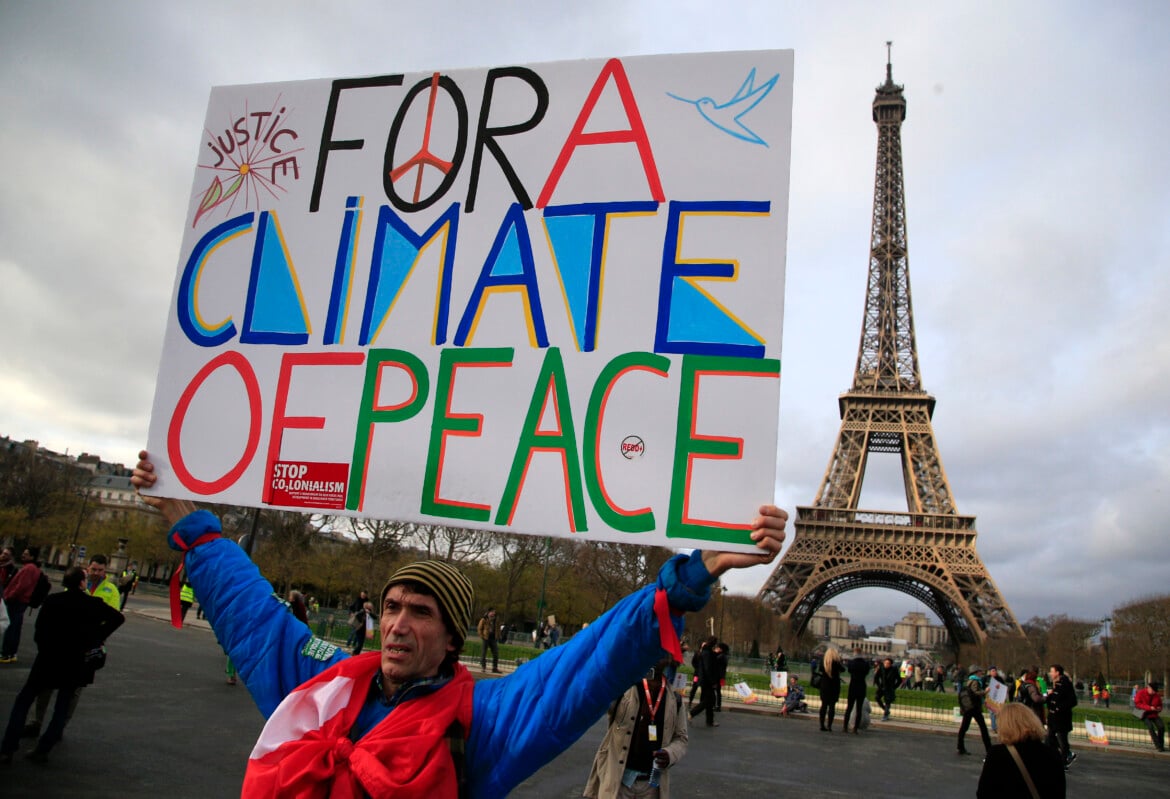Analysis
Once a climate leader, the EU can’t agree on cutting CO2 emissions targets
The European Union is lowering its climate ambitions ahead of the UN General Assembly. The stalemate among environment ministers is the only thing standing in the way of total failure.

Paris 2015, Brussels 2025: it could be an epitaph for the international climate agreements signed a decade ago in the French capital, which placed Europe at the vanguard of the fight against climate-altering emissions and for keeping global warming below 1.5 degrees. Now, however, a divided and discordant EU is lowering its ambitions – if not abandoning them entirely – just days before the UN General Assembly in New York and weeks before COP30 in Belém, where the “net-zero emissions” targets for 2050 will be reviewed.
The truth is that everything has gone much as predicted. The Council of Environment Ministers, which met in Brussels on Thursday, postponed the decision on the interim 2040 targets. It will now be up to the heads of state and government of the 27 member states to try to reach an agreement at the European Council on October 23-24. The environment ministers’ stalemate can almost be taken as a partial success compared to the prospect of total failure. The Danish presidency of the EU Council is handling the delicate negotiations, and while the government in Copenhagen – one of only two socialist-led governments left, along with Madrid – is being very generous when it comes to rearmament, it is anything but welcoming towards spending on environmental protection.
In July, the EU executive put forward a proposal on the European Climate Law, with an interim target of a 90% reduction in polluting emissions by 2040. This would be a necessary step to achieve the desired emission neutrality by mid-century, as established by the Green Deal in line with the Paris Agreement. However, in the EU Council, Poland and Italy, along with the usual suspect Hungary, are leading the charge against setting out stringent climate rules. Among the heavyweights, France’s position carries more weight than Germany’s wait-and-see stance as it grapples with its struggling industrial sector.
President Macron, once a champion of environmental policies, has become a detractor. The Élysée is now calling for “technological neutrality,” which translates to including nuclear power – of which France is a major producer – on the list of clean energies. Paris is also working to weaken the effect of “green tariffs” like the Carbon Border Adjustment Mechanism (CBAM).
Ursula von der Leyen is certainly not insensitive to the French demands. Speaking at an assembly of German business associations, the Commission president once again invoked competitiveness, often used as a cudgel against the rules imposed by the green transition. For his part, Manfred Weber – leader of the center-right European People’s Party (EPP), which includes 14 commissioners plus von der Leyen herself – announced that he will propose lifting the 2035 ban on internal combustion engines – despite the fact that electrifying the automotive sector is an essential component of the Green Deal, aimed at reducing CO2 emissions. This item has never been popular with conservatives and the European right, and has now also been branded by Mario Draghi as an unachievable goal, given Europe’s laggard status in the field.
The embarrassing stalemate in the Council has prompted a step back from the EU’s other legislative power: the European Parliament has opted to postpone defining its own position on the 2040 climate targets until October. At the European Council meeting on October 23, the leaders of the 27 member states will have to decide, as usual, by unanimous vote. Thus, by the time of the COP30 in November, the possibility of a stunning EU departure from the provisions of the Paris Agreement seems increasingly likely.
Originally published at https://ilmanifesto.it/slittano-i-target-ue-sulla-riduzione-di-co2-si-rimpalla-ai-governi on 2025-09-19
